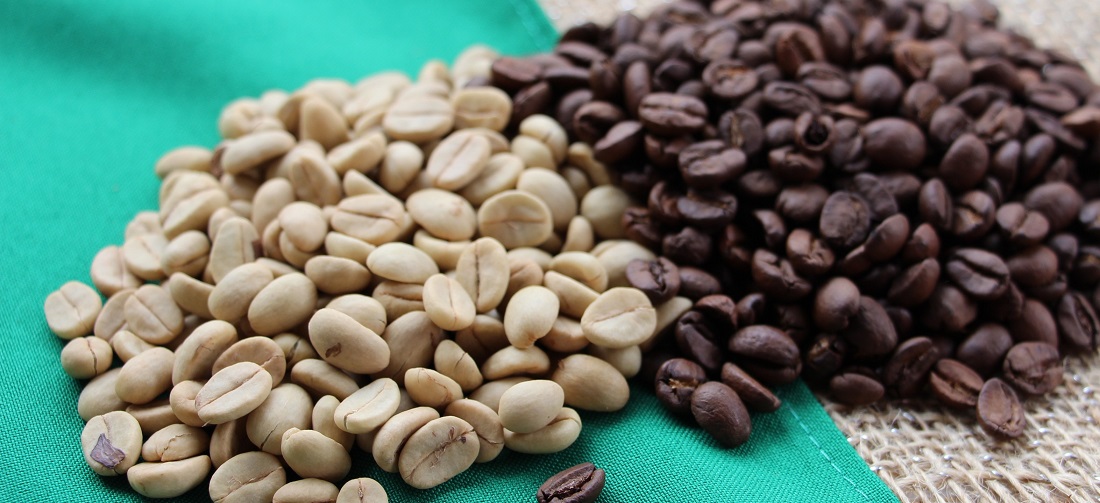
China’s new thirst for coffee spurs cut-throat cafe competition
Dec, 29, 2023 Posted by Gabriel MalheirosWeek 202346
Brazilian coffee exports to China have exceeded 1 million bags in a year for the first time, according to Cecafé. Coffee consumption in China has seen double-digit growth in the 2022/23 season, driven by the expansion of coffee shops in several major cities amid increasing demand from younger Chinese consumers, favoring shipments from Brazil, the world’s largest coffee exporter.
The volume of coffee consumed by China in the 2022/23 season (October-September) increased by 15% compared to the previous year, reaching 3.08 million bags of 60 kg, according to data from the International Coffee Organization (ICO) obtained by Reuters. Meanwhile, the U.S. Department of Agriculture (USDA) forecasts Chinese consumption at 5 million bags in the new season (2023/24).
Simultaneously, Brazilian coffee exports to China surpassed 1 million bags in a year for the first time, according to data from the Brazilian Coffee Exporters Council (Cecafé), now ranking China as the eighth-largest destination for the national commodity.
“China is a reality; it’s not something sporadic. We can still have many surprises with China, without a doubt,” said Cecafé’s general director, Marcos Matos, to Reuters.
In the year-to-November period, China imported 1.152 million bags, more than tripling its imports compared to the same period in 2022, according to Cecafé data.
The chart below uses Datamar’s DataLiner data to show the volume of coffee exports to China from Jan 2019 to Nov 2022. Check below for more details:
Brazilian coffee exports to China | Jan 2019 – Nov 2022 | WTMT
Source: DataLiner (click here to request a demo)
Despite robust growth amid coffee shop competition for customers, China still has relatively modest coffee consumption for its size, especially compared to the volumes of the two largest consumers, the United States and Brazil, which demand over 20 million bags annually.
However, according to the USDA, the Asian nation is expected to become the seventh-largest global consumer in 2023/24. The rising consumption underscores China’s potential for increased demand. It reflects a cultural shift in coffee-drinking habits similar to trends in other Asian countries such as Japan and South Korea.
“China has a lot of space… Even exporting 1 million bags, considering the size of China, with many metropolitan regions, there is room for much more,” commented Matos.
Brazilian exports to China in 2023 are expected to represent a volume more than ten times larger than in 2017, when Brazil exported only 82.56 thousand bags, according to Cecafé data.
This increase is driven mainly by cultural changes related to the younger population’s attraction to Western habits.
“The majority of people in inland China still only drink tea, but the younger generation, university students, people who have traveled abroad, drink coffee,” said Jeffrey Young, CEO of the Allegra Group. This organization organizes coffee fairs worldwide and publishes market data.
“It’s the young generation that will drive consumption going forward,” he affirmed.
According to Allegra, China recently surpassed the United States as the country with the most branded coffee shops globally, growing an astounding 58% in the last 12 months to 49,691 outlets.
Matos from Cecafé highlighted that the growth in consumption in China is driven by young people, women, and those who circulate in the corporate environments of major cities.
“Coffee is a symbol of the West, Western culture, so for status reasons, a person goes to the coffee shop; it’s a socializing place to meet friends,” he commented.
Nineteen-year-old Beijing student Ruoxuan Zhao feels that coffee is more related to the fast-paced lifestyle of young people in China, where caffeine is appreciated.
“I drink coffee every day. I started drinking when I went to college,” said 20-year-old Beijing student Zixi Zhao. “Generally, I don’t drink much tea, but my mom, my dad, and my grandma all drink tea,” he added.
Cecafé’s general director mentioned that Brazil has leveraged this cultural shift, recently concluding a partnership with the Chinese coffee chain Mellower to promote Brazilian coffee in metropolitan areas.
He also noted that Cecafé has been in talks with Luckin Coffee, China’s largest coffee chain, for a similar project.
Specialty Coffee
Stephen Hurst, founder of Mercanta, a specialty coffee trader with operations in Asia and China, highlighted that in addition to strong volume growth, another aspect of the coffee industry in China is the demand for high-quality beans.
“They seek unusual, award-winning, rare varieties and innovative production processes,” he said, emphasizing that this is also a characteristic of the Asian market in general.
Matthew Barry, a beverage analyst at Euromonitor, noted intense competition between local chains, aiming to capture as much market share as possible in the growing market, and foreign companies like Starbucks opened over 700 stores in China just last year.
Alegra estimates that Chinese company Luckin Coffee added 5,059 stores in the last 12 months, while another Chinese chain, Cotti Coffee, opened 6,004 points of sale in the same period.
“The scale of the opportunity is such that both local and international chains will have to be very aggressive in confronting each other, and I think that should ensure a very dynamic market in the coming years,” said Barry.
Luckin’s CEO, Jinyi Guo, stated during the company’s third-quarter results conference that “capturing market share” was one of the company’s main objectives. Luckin opened 2,400 stores in the third quarter alone, bringing the total number of outlets in the country to over 13,200.
Source: Compre Rural
Click here to access the original text: https://www.comprerural.com/consumo-de-cafe-na-china-dispara-no-embalo-de-cafeterias-favorece-vendas-do-brasil/
-
Other Cargo
Jul, 06, 2022
0
Canada is new star supplier of fertilizers to Brazil
-
Ports and Terminals
Nov, 23, 2020
0
Paraná ports begins work of removing rocks obstructing bay entrance
-
Other Logistics
Aug, 02, 2021
0
Authorities from Chile and Argentina sign the start of paving works on the bioceanic corridor through the Huemules pass
-
Ports and Terminals
Mar, 19, 2024
0
Port of Santos bets on underwater drones to counter drug trafficking


